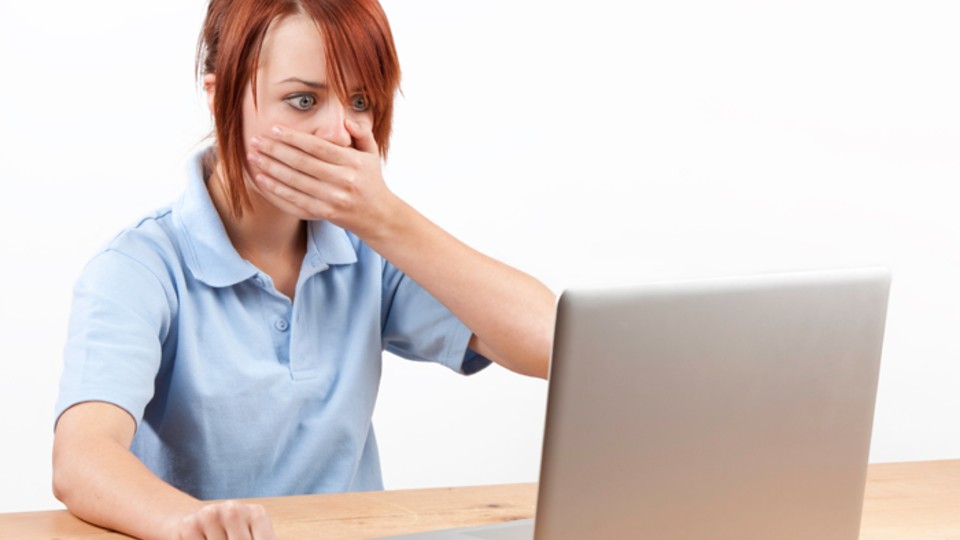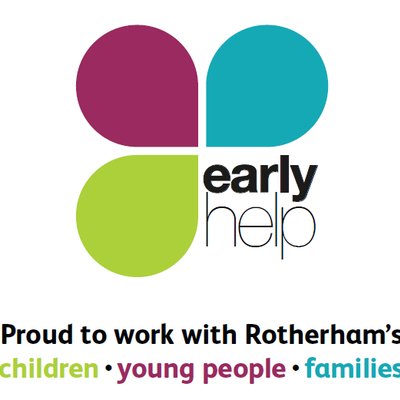
The internet can be an excellent way of keeping in touch with people, either on your computer or phone. However, remember once you post something, you can quickly lose control of what happens to that information; anyone can save and repost it. So be careful what you write. Video hosting sites are another easy way for inappropriate material to be shared with thousands of people, so if you are being asked to do anything you feel uncomfortable about, block them and report it.
Chatrooms and Apps
Chat rooms and chat apps can be a safe place to have a laugh if you remember a few important things. All you need to do is keep your wits about you, trust your judgement and not get carried away.
- People on the internet may not be who they say they are
- Do not give out any contact details or addresses for home or school
- If you are posting a profile on the net or by post don’t include any information which could help to identify you online again. That means your personal email address, mobile phone number, addresses and your photographs
- Be careful of pictures you put out on the internet either of you or your friends, once these are out there you have no control over what happens to them. People can use and manipulate these images.
What Is Grooming?
Paedophiles use chat rooms for something called ‘grooming’. They will chat to you until they have your trust. They may pretend to be the same age as you and even to have the same interests as you. They will probably spend months trying to find things out about you and becoming your friend. They may try to make you say or do something you don’t want.
Danger Signs
- When someone you are talking to keeps trying to get your address or phone number
- When someone wants you to keep your chats a secret from other people
- When someone wants you to send pictures to them that make you feel uncomfortable
- If someone wants to meet you, but doesn’t want you to tell anyone
If you spot any of these signs, you should always let an adult you trust know, your parents, carers, teacher or youth worker
Young People's Tips
- Don’t have an easy password and never share it
- Don’t give out personal details such as your school or where you live
- Set your profile to private in the settings
- Don’t add strangers as friends
- Don’t think you know someone just because your friend does
- Be careful what you click onto, it may be risky to yourself or your computer
- Don’t post photos you may not want to share with the whole world
- Be aware of cyber bullies, report it if it happens!
- Don’t be a cyberbully, it’s an offence
Parents and Carers Tips
Follow this guidance to keep your child safe online.
- Be involved in your child’s online life – talk to them about what they are doing.
- Keep up to date with your child’s development online. What gadgets and sites are they using?
- Set boundaries in the online world just as you would in the real world. Who are they talking to and what are they looking at?
- Know what, and how, devices connect to the internet, for example, games consoles.
- Consider use of parental controls on devices that link to the internet. Find your service provider and learn how to set controls.
- Emphasise that not everyone is who they say they are. Make sure your child knows never to meet up with anyone they have only spoken to online.
- Know what to do if something is wrong and where you can report concerns about online matters, for instance, CEOP.
Further Help and Support
Childline - Get help and advice about a wide range of issues, talk to a counsellor online.
Samaritans - Available 24 hours a day to provide confidential emotional support for people who are experiencing feelings of distress, despair or suicidal thoughts.
ThinkUKnow - Internet safety and safe surfing for young people.
CEOP - Helps young people who are being sexually abused or are worried that someone they’ve met is trying to abuse them.
Cyber Security Quiz - Learn about online crimes and how to stay safe when browsing.
Advice and Support
You can always talk to a Youth Support Worker.
Contact: EarlyHelp-enquiries@rotherham.gov.uk
Call: 01709 334905

